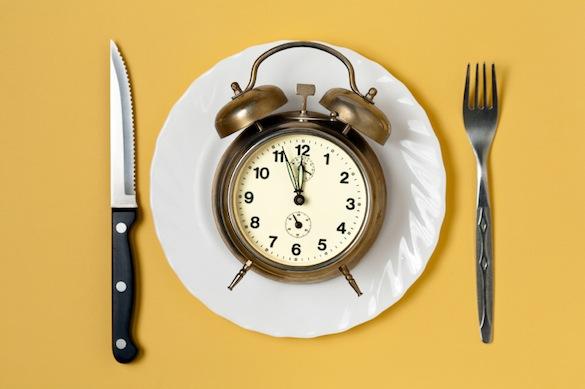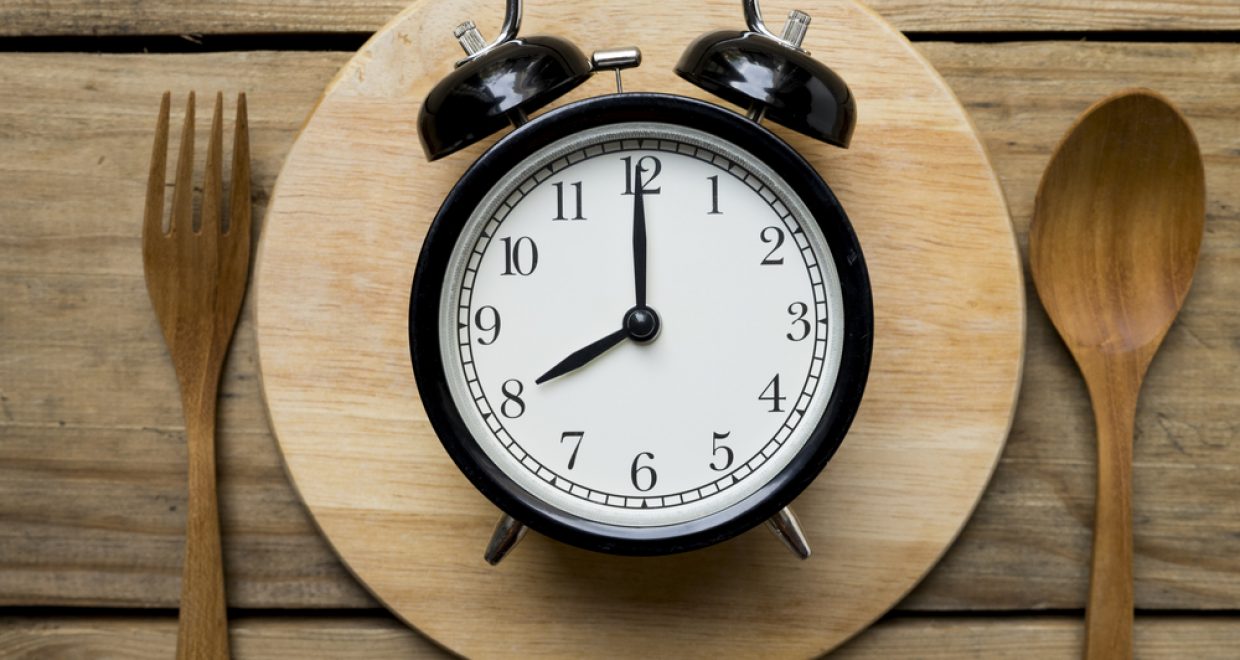
“Meal timings are more important than the meal we eat,” Pinkvilla quoted Indian nutritionist Sonia Bakshi, as saying. “Our body gets used to eating food at a certain times daily. If deprived of food at that time, it starts storing fat because it needs more energy to perform various activities,” she explained.
 PHOTO: FILE
PHOTO: FILEThe first meal of the day is breakfast, which should ideally be consumed within two hours of waking up, usually between 8 am to 10 am. Youngsters these days tend to skip breakfast due to busy work schedules which has led to a steep rise in obesity, diabetes and other sedentary diseases. “All those who skip breakfast can never lose weight or be healthy because their body is performing all its activities in starvation mode,” Bakshi added.
With fluctuating shifts, there doesn’t seem to be a ‘right’ time for lunch and dinner. Any food containing at least 210 calories is considered a meal; below that is counted as a snack. “The body adapts to meal timings,” Ritika Sammadar, a dietician said. “It is not at all a need to follow a particular timeline but certain key points must be kept in mind.”
Can eating junk food cause mental illness?
She continued, “After waking up, a person should eat within two to three hours for better insulin sensitivity. Eat your dinner early so that the food is well digested before you sleep. Follow a two-to-four hour meal pattern to get a constant source of energy. The quality of food is equally important.” Therefore, plan your meals in advance and make sure it adheres to a 10-12 hour timeframe, according to your body clock.
Have something to add to the story? Share it in the comments below.

















COMMENTS (1)
Comments are moderated and generally will be posted if they are on-topic and not abusive.
For more information, please see our Comments FAQ